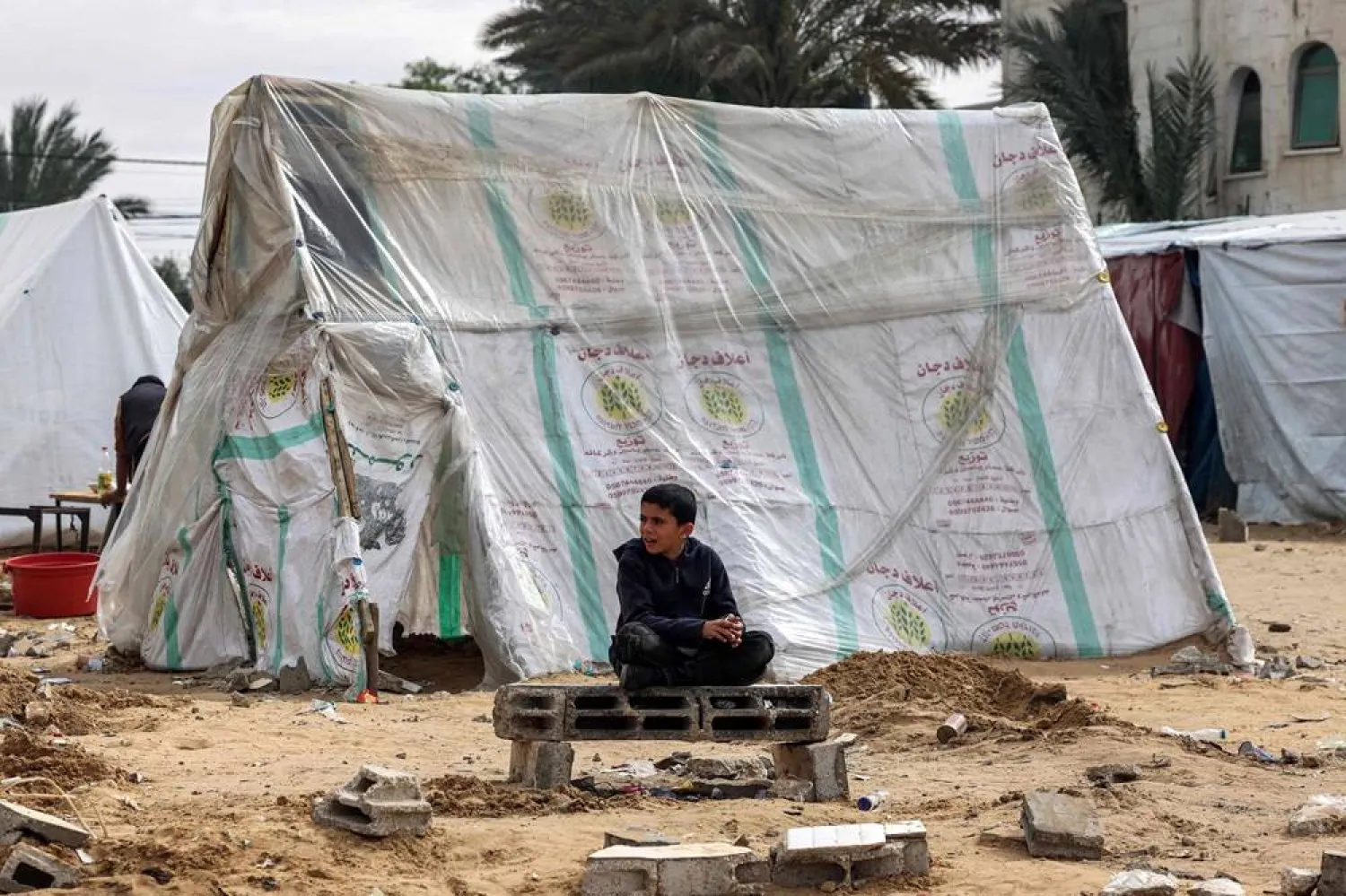South Africa’s government said Tuesday it had lodged an "urgent request" with the UN’s International Court of Justice to consider whether Israel’s military operations targeting the southern Gaza city of Rafah are a breach of provisional orders the court handed down last month in a case alleging genocide.
South Africa said it asked the court to weigh whether Israel’s strikes on Rafah, and its intention to launch a ground offensive on the city where 1.4 million Palestinians have sought shelter, breaches both the UN Genocide Convention and preliminary orders handed down by the court last month in a case accusing Israel of genocide.
Rafah is on the border with Egypt, which has warned that an offensive on the city now holding more than half of Gaza's population would bring disaster.
South Africa's government said in a statement that Rafah was "the last refuge for surviving people in Gaza." It asked the top UN court to consider using its powers to issue additional preliminary orders telling Israel to halt the deaths and destruction there.
South Africa already alleged Israel is committing genocide against the Palestinian people in its war against the Hamas militant group in Gaza and filed a case with the world court in December. A ruling on the genocide allegation could take years.
South Africa also asked the court to order a ceasefire by Israel, but the justices stopped short of that.
In its new filing, South Africa's government said it was "gravely concerned that the unprecedented military offensive against Rafah, as announced by the State of Israel, has already led to and will result in further large scale killing, harm and destruction."
South Africa said it was asking that the matter be dealt with urgently "in light of the daily death toll in Gaza."
The court didn’t immediately confirm receipt of the new request. If it decides to hold another hearing on the request for further provisional measures, it would likely then rule within weeks.
Israel strongly denies committing genocide in Gaza and says it does all it can to spare civilians and is only targeting Hamas militants. It says Hamas' tactic of embedding in civilian areas makes it difficult to avoid civilian casualties.
Israel's assault has wrought destruction in Gaza, with more than 28,000 people killed, over 70% of them women and children, according to local health officials in the Hamas-controlled enclave. Around 80% of the population has been displaced and the UN says a humanitarian catastrophe has pushed more than a quarter of Palestinians in Gaza toward starvation.
Israel says it has killed thousands of militants in its aim of crushing Hamas in retaliation for the Oct. 7 attacks on southern Israel. About 1,200 people, mostly civilians, were killed and 250 were taken hostage.
South Africa has accused Israel of ignoring the court's preliminary ruling in the days after it was issued by continuing to kill civilians.
"Israel believes it has license to do as it wishes," Foreign Minister Naledi Pandor said.
South Africa's legal efforts are rooted in issues central to its identity: Its governing party, the African National Congress, has long compared Israel’s policies in Gaza and the West Bank to its own history under the apartheid regime of white minority rule, which restricted most Blacks to "homelands." Apartheid ended in 1994.
Israel's military assault in Gaza was described last week as "over the top" by US President Joe Biden, a strong criticism from a close ally.
The White House said Biden has also warned Israeli Prime Minister Benjamin Netanyahu that Israel should not conduct a military operation against Hamas in Rafah without a "credible and executable" plan to protect civilians.









